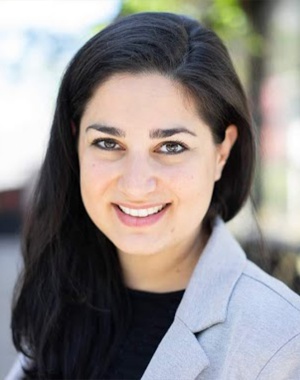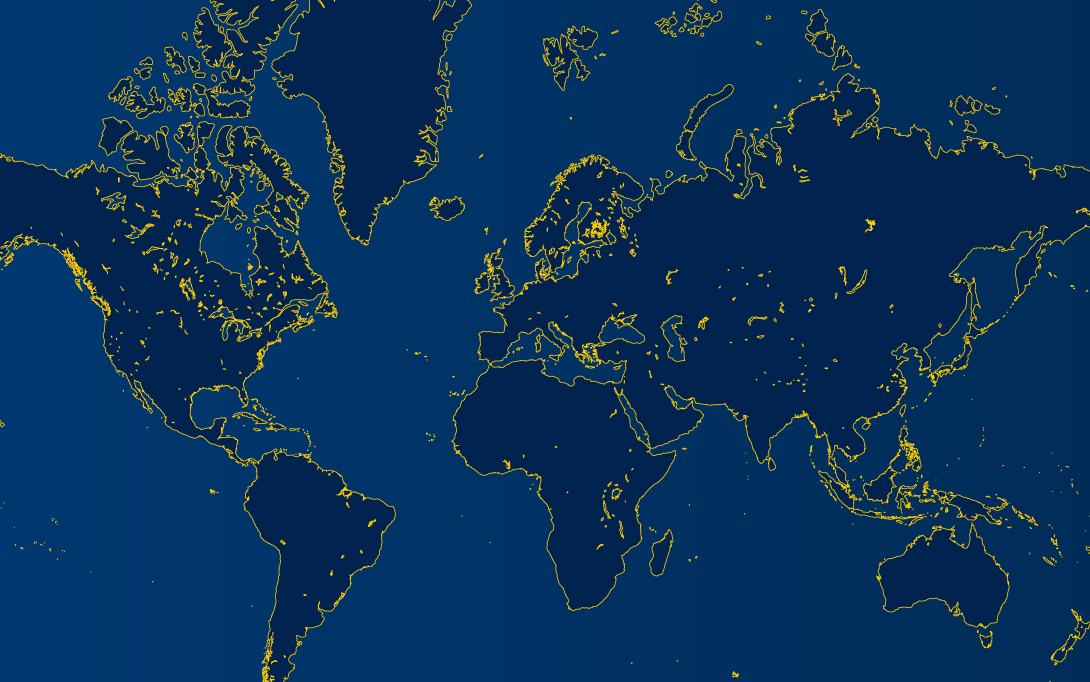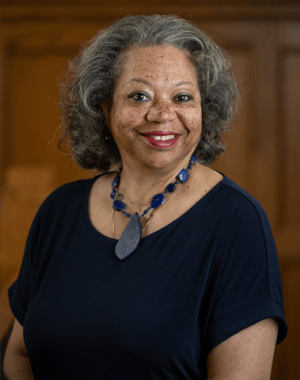
Power, equity, and local decision-making in foreign aid: A simulation and discussion
Speaker
Dr. Amy Beck Harris, Amb. Susan D. PageDate & time
Location

Note: Registration for this workshop has closed.
Making foreign aid more equitable and locally driven is an increasingly pursued priority for international development organizations – governmental agencies and non-governmental actors alike. Yet their ability to do so in a meaningful way varies widely, and depends on pre-existing structural power dynamics that shape how international development is delivered.
This is the second workshop of IPC’s new "Aid & Development" series. At "Aid & Development" events, students build practical skills for future international development careers.
This is an in-person event for current U-M students. This event will not be livestreamed. Please note that students are required to attend BOTH workshop sessions in their entirety. A light lunch will be provided immediately after the sessions.
Agenda and scope
Day 1 of the workshop will “embed” students within these international power structures and ask them to explore opportunities and limitations of locally-led development. Students will engage in a simulation to portray either aid project decision-makers or local actors associated with the United Building and Advancing Life Expectations Project (UBALE) in Malawi from 2014-2019. UBALE was a US$63 million Title II Development Food Assistance Project (DFAP) funded by the US Agency for International Development through its Office of Food for Peace. Within this context, student teams will pitch ‘local’ ideas as community organizations to a project team (based on provided information). Project team members (also students) will then be charged with selecting local ideas for inclusion in the project (based on provided information).
After this simulated experience, students will watch a short asynchronous video that presents a framework for how these configurations of authority and control permeate, influence, and impact decision-making on foreign assistance, from high-level strategy to day-to-day choices.
During workshop day 2, participants will reflect on their experience in the simulation and discuss the equity and power implications uncovered for aid projects. The discussion will explore who has what power in international development projects, and why. Students will also review current efforts being undertaken by large development actors in attempting to integrate local voices, and how these efforts interact with equity and ethical implications. After the workshop, students will be provided with resources for continued learning.
To facilitate this workshop, students will be asked to complete a short reading in advance of the first workshop day and to watch a 20-30 minute asynchronous video between sessions.
Facilitators
This workshop will be led by Dr. Amy Beck Harris, a post-doctoral fellow at the Ford School of Public Policy and Ambassador Susan D. Page, Professor of Practice of International Diplomacy at the Ford School of Public Policy and Professor from Practice at Michigan Law School.
Dr. Harris merges experience as a former foreign aid implementation professional working on USAID and World Bank projects with academic expertise in public management, international development, foreign aid contracting, and participatory development. Dr. Harris holds a PhD and MS in Public Policy and Management from the University of Washington, an MA in International Policy Studies from the Monterey Institute of International Studies, and a BA in International Studies from Middlebury College.
Ambassador Page began her diplomatic career as an Attorney-Adviser for Politico-Military Affairs in the Office of the Legal Adviser at the U.S. Department of State. She has held numerous postings in Africa, including in Kenya and Botswana as USAID Regional Legal Advisor for East and Southern Africa, political officer in Rwanda, and as the first U.S. Ambassador to newly independent South Sudan. In addition to assignments with the UN Development Programme in Rwanda and Sudan, Ambassador Page was the political and legal advisor to the mediation process for Sudan led by the Horn of Africa regional organization IGAD (the Intergovernmental Authority on Development) that ended Africa’s longest civil war through a negotiated peace agreement. Ambassador Page also served as the Acting U.S. Ambassador to the African Union and the U.S. Chargé d’Affaires to the U.S. Mission to the African Union and the Special Representative of the Secretary-General (SRSG) to the United Nations Mission for Justice Support to Haiti (MINUJUSTH). Ambassador Page earned a JD from Harvard Law School and an AB in English with high distinction from the University of Michigan.

